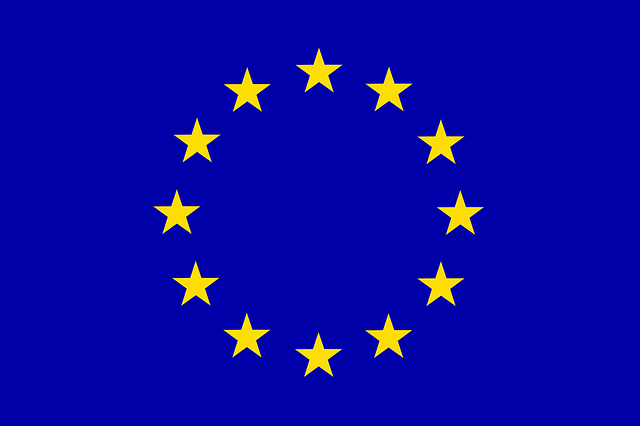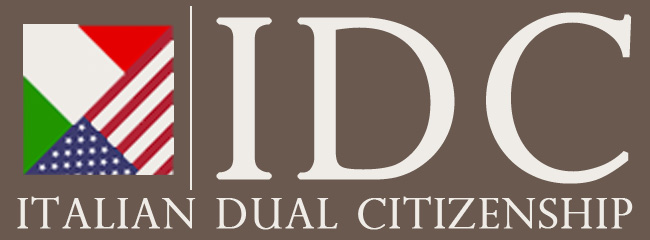
Non-European nationals traveling into the European Union must obtain an ETIAS visa waiver starting mid-2025. This new waiver will make it easier for qualified individuals to travel throughout the Schengen area and act as an added layer of protection for EU citizens. This article will outline everything you need to know about the upcoming European Travel Information and Authorization System (ETIAS) visa waiver system, including what it entails, how to apply, how long it lasts, and who it affects.
What is the ETIAS?
The ETIAS is a waiver that acts as an added layer of protection against terrorists and unlawful immigrants entering the European Union. It tracks all outside travel entering the Schengen area and is essentially the equivalent of the ESTA for anyone traveling to the United States. The ETIAS streamlines the entry process, providing the flexibility for multiple entries for qualified individuals.
Who Can Use the ETIAS?
Citizens of foreign countries who are not part of the European Union and anyone not requiring a visa to travel to Italy or other countries within the EU for up to 90 days for work or pleasure qualify for the ETIAS. However, if you are an Italian citizen with another country’s passport or an American available for Italian citizenship by descent or dual citizenship, you will not need to apply for the authorization.
Is the ETIAS a Visa?
The ETIAS is not a visa but an extra layer of travel authorization security. It is only for citizens of countries outside the EU who don’t require a visa to travel to the European Union. If you are a foreign national or non-EU citizen who didn’t previously require a visa to travel to the EU for up to 90 days, you will retain this benefit but must submit a request for ETIAS approval prior to travel. However, if you require a visa before, you will still need it for entry and will not need to apply for the ETIAS.
Does the ETIAS Replace A Schengen Visa?
The ETIAS doesn’t replace a Visa; it’s an additional waiver system. You must still have your passport stamped upon arrival in the Schengen area, just as before. The 90-day rule will still apply to those who are not citizens of a European country (foreign nationals). Under this rule, visitors can stay in the Schengen area for a maximum of 90 days within a 180-day period, upon which time they must leave and wait an additional 90 days to re-enter.
How Long Does the ETIAS Last?
One of the best parts about the ETIAS is that it lasts for three years and allows for unlimited entries into the EU. After the three-year period ends, you must reapply.
Do I Have To Apply for the ETIAS Personally?
You are not required to apply for the ETIAS personally; you can appoint someone else to do it for you. If you choose to allow another party to fill out your application, whether a travel agent, family member, or friend, you must sign a declaration to let them submit the authorization on your behalf. You must also both sign the authorization form before it is submitted.
How to Apply for the ETIAS
Applying for the ETIAS is simple and can be done online. You will need to submit basic information, including your name, address, and the first country you plan to visit when entering the EU. Once you state this country on your application, you cannot change your initial destination. You must also submit your passport number and pay a fee of €7 if you are between the ages of 18 and 70. There is no fee for those 17 and under and 71 and above.
How to Submit a Payment
You can pay for your application online with a debit or credit card. It is important to note that you must pay the fee even in the rare case that your application is denied. You are not required to make this payment every time you enter the EU; it is a one-time fee due when you submit your application.
What if I’m Denied?
Denial for an ETIAS is rare, but there are times when it may happen. Reasons for denial include inputting incorrect information, an expired passport, and security and health risks. If your application is not approved, you will receive an email indicating the appeal procedure, including which European country to file it and according to which rules you must follow.
30 European Countries Requiring ETIAS Travel Authorization
The following European countries will require visa-exempt individuals to obtain an ETIAS travel authorization.
Austria – Belgium
– Bulgaria – Croatia
– Cyprus – Czech Republic (Czechia)
– Denmark – Estonia
– Finland – France
– Germany – Greece
– Hungary – Iceland
– Italy – Latvia
– Lichtenstein – Lithuania
– Luxemburg – Malta
– Netherlands – Norway
– Poland – Portugal
– Romania – Slovakia
– Slovenia – Spain
– Sweden – Switzerland
Nationalities Requiring ETIAS Travel Authorization
The following nationalities require an ETIAS travel authorization.
Albania – Antigua and Barbuda
– Argentina – Australia
– Bahamas – Barbados
– Bosnia and Herzegovina – Brazil
– Brunei – Canada
– Chile – Colombia
– Costa Rica – Dominica
– El Salvador – Georgia
– Granada – Gibraltar
– Guatemala – Honduras
– Hong Kong – Israel
– Japan – Kiribati
– Macau – Malaysia
– Marshall Islands – Mauritius
– Mexico – Micronesia
– Moldova – Montenegro
– New Zealand – Nicaragua
– North Macedonia – Palau
– Panama – Paraguay
– Peru – Saint Kitts and Nevis
– St. Lucia – Saint Vincent and the Grenadines
– Samoa – Serbia
– Seychelles – Singapore
– Solomon Islands – South Korea
– Taiwan – Tonga
– Trinidad and Tobago – Tuvalu
– Ukraine – United Arab Emirates
– United Kingdom – United States
– Uraguay – Venezuela
For more information on the ETIAS travel authorization, making Italy your legal home, or obtaining Italian citizenship, check out Italiandualcitizenship.net.
To speak with Jason LoPresti or Marco Permunian for guidance on obtaining Italian dual citizenship, please contact us at (213) 277-8705.
*Please keep in mind this is a currently evolving process and details regarding this process could change at any point. As of writing this information is current.
This page was last updated with help by Marco Permunian





